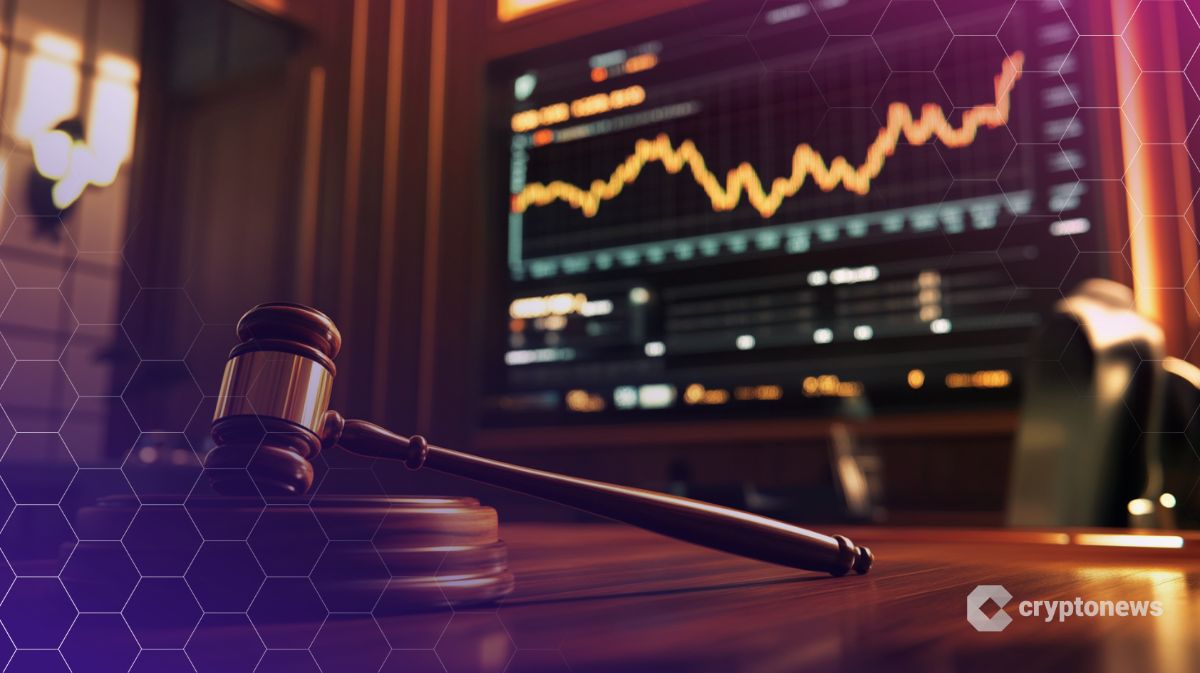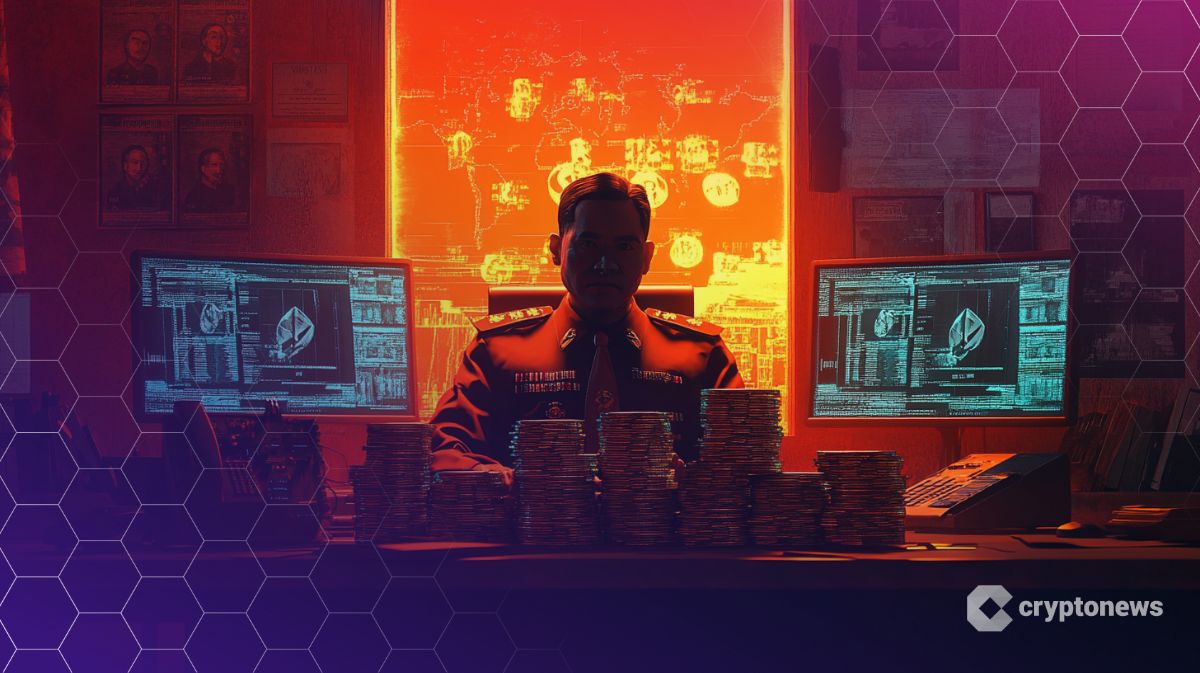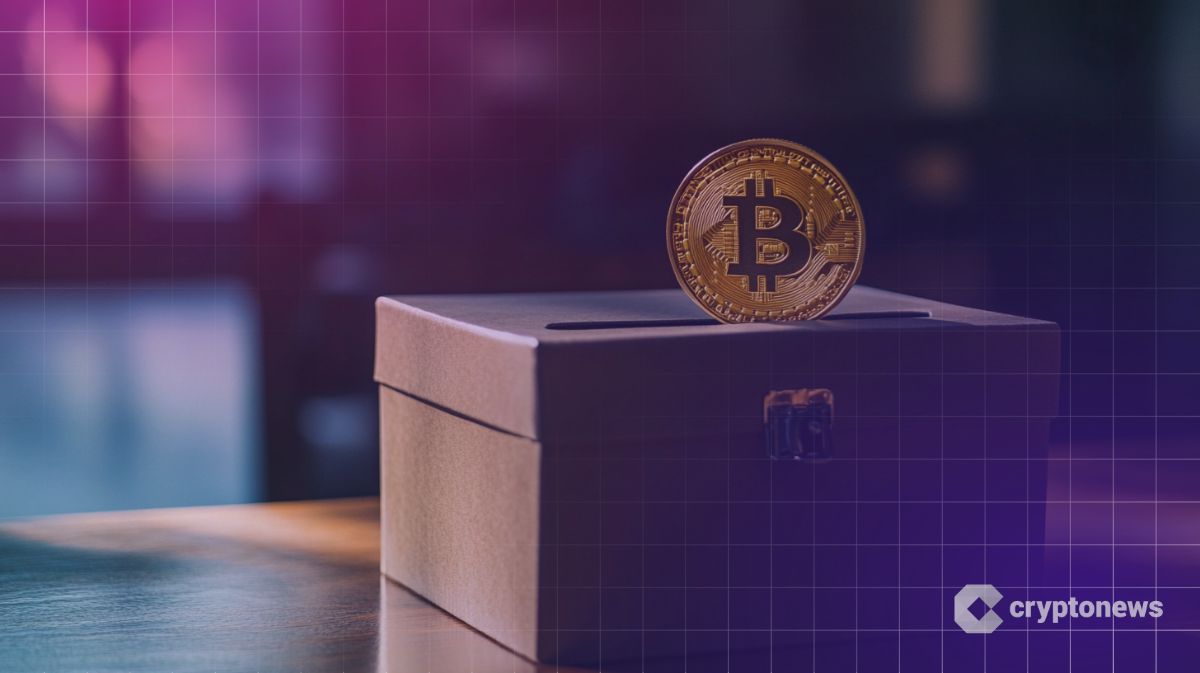Korean Court Rejects Second Rehab Request for Bankrupt Crypto Lender Delio

A South Korean court has again rejected a corporate rehabilitation application for the bankrupt crypto-lending platform Delio.
According to a local report, the Suwon Rehabilitation Court’s 5th Division dismissed the second rehabilitation petition filed on behalf of Delio.
This follows a prior dismissal handed down in April 2024 by the Seoul Rehabilitation Court.
Delio, once one of South Korea’s more ambitious virtual asset service providers, has faced a spiraling downfall since abruptly halting withdrawals in June 2023.
The company’s troubles snowballed after CEO Jeong Sang-ho was indicted for allegedly stealing approximately 250 billion won (roughly $180 million) in virtual assets from customers.
He remains on trial under charges of fraud and embezzlement in violation of the Act on the Aggravated Punishment of Specific Economic Crimes.
The court ruled that the rehabilitation process would not benefit Delio’s creditors, citing Article 42, Paragraph 3 of the Debtor Rehabilitation Act.
According to the provision, a rehabilitation request can be dismissed if the company cannot produce operating profits or if the restructuring does not serve the general interest of its creditors.
This ruling follows a failed bid by other creditors to override the bankruptcy declaration with a new rehabilitation petition filed on February 28.
With the second denial now official, Delio’s future appears irreversibly aligned with bankruptcy proceedings as creditors and prosecutors continue to dig through the wreckage.
Investors Lash Out in Desperation
While the legal machinery grinds forward, tensions are reaching a boiling point among defrauded investors.
In early April, reports surfaced that a South Korean investor was fined for assaulting Delio’s CEO, Jeong Sang-ho, in an act fueled by growing anger and helplessness.
The investor had entrusted 87 BTC and 190 ETH to Delio, assets worth over 11 billion won. With no responses to his queries about fund recovery, the investor took matters into his own hands.
He reportedly broke into Jeong’s residence, where a confrontation turned physical.
Authorities confirmed that he was fined 1.5 million won for assault and home invasion, though the matter remains open to appeal.
South Korea’s courts and regulators now face a dual crisis, which includes protecting victims while maintaining order in an increasingly volatile crypto landscape.
Legal experts warn that violence in courtrooms and private residences is a disturbing trend that signals deep cracks in trust and transparency in the sector.
Legal Drama, Embezzlement Claims, and the Fall of Delio
At the heart of Delio’s collapse lies a tangled web of legal, financial, and regulatory controversy.
In a criminal trial held on June 25, 2024, CEO Jeong Sang-ho denied that Delio had ever promised principal protection for investor deposits.
He testified that the platform’s services complied with the guidelines of the Financial Intelligence Unit (FIU) and maintained that no fraudulent assurances were made.
Creditors, however, vehemently contested this claim. During the trial, heated exchanges erupted as they accused Jeong of lying, citing customer service communications that assured them their deposits were guaranteed.
The court was presented with arguments from both sides, with prosecutors asserting that offering guaranteed returns implies a fiduciary duty to protect customer funds.
Jeong’s legal team countered that any principal guarantee only applied in cases like hacking, not under general investment conditions.
They also dismissed allegations of unsecured lending and stated that only 5% of customer assets were actively managed after the FTX collapse due to liquidity challenges.
Amid mounting legal pressure, Delio previously announced plans to offload its existing corporation and create a new entity to absorb its debt, a move aimed at appeasing creditors and distancing itself from mounting scandal.
However, with courts now firmly opposing rehabilitation, the prospects of financial recovery through such structural tactics appear bleak.
As Jeong’s next trial date looms on July 23, the prosecution has been ordered to submit detailed evidence, including legal justifications for the search and seizure operations carried out against Delio.
The post Korean Court Rejects Second Rehab Request for Bankrupt Crypto Lender Delio appeared first on Cryptonews.
Read More

U.S. Treasury Crackdown Exposes Karen National Army’s $3.5B ‘Pig-Butchering’ Crypto Scam Empire
Korean Court Rejects Second Rehab Request for Bankrupt Crypto Lender Delio

A South Korean court has again rejected a corporate rehabilitation application for the bankrupt crypto-lending platform Delio.
According to a local report, the Suwon Rehabilitation Court’s 5th Division dismissed the second rehabilitation petition filed on behalf of Delio.
This follows a prior dismissal handed down in April 2024 by the Seoul Rehabilitation Court.
Delio, once one of South Korea’s more ambitious virtual asset service providers, has faced a spiraling downfall since abruptly halting withdrawals in June 2023.
The company’s troubles snowballed after CEO Jeong Sang-ho was indicted for allegedly stealing approximately 250 billion won (roughly $180 million) in virtual assets from customers.
He remains on trial under charges of fraud and embezzlement in violation of the Act on the Aggravated Punishment of Specific Economic Crimes.
The court ruled that the rehabilitation process would not benefit Delio’s creditors, citing Article 42, Paragraph 3 of the Debtor Rehabilitation Act.
According to the provision, a rehabilitation request can be dismissed if the company cannot produce operating profits or if the restructuring does not serve the general interest of its creditors.
This ruling follows a failed bid by other creditors to override the bankruptcy declaration with a new rehabilitation petition filed on February 28.
With the second denial now official, Delio’s future appears irreversibly aligned with bankruptcy proceedings as creditors and prosecutors continue to dig through the wreckage.
Investors Lash Out in Desperation
While the legal machinery grinds forward, tensions are reaching a boiling point among defrauded investors.
In early April, reports surfaced that a South Korean investor was fined for assaulting Delio’s CEO, Jeong Sang-ho, in an act fueled by growing anger and helplessness.
The investor had entrusted 87 BTC and 190 ETH to Delio, assets worth over 11 billion won. With no responses to his queries about fund recovery, the investor took matters into his own hands.
He reportedly broke into Jeong’s residence, where a confrontation turned physical.
Authorities confirmed that he was fined 1.5 million won for assault and home invasion, though the matter remains open to appeal.
South Korea’s courts and regulators now face a dual crisis, which includes protecting victims while maintaining order in an increasingly volatile crypto landscape.
Legal experts warn that violence in courtrooms and private residences is a disturbing trend that signals deep cracks in trust and transparency in the sector.
Legal Drama, Embezzlement Claims, and the Fall of Delio
At the heart of Delio’s collapse lies a tangled web of legal, financial, and regulatory controversy.
In a criminal trial held on June 25, 2024, CEO Jeong Sang-ho denied that Delio had ever promised principal protection for investor deposits.
He testified that the platform’s services complied with the guidelines of the Financial Intelligence Unit (FIU) and maintained that no fraudulent assurances were made.
Creditors, however, vehemently contested this claim. During the trial, heated exchanges erupted as they accused Jeong of lying, citing customer service communications that assured them their deposits were guaranteed.
The court was presented with arguments from both sides, with prosecutors asserting that offering guaranteed returns implies a fiduciary duty to protect customer funds.
Jeong’s legal team countered that any principal guarantee only applied in cases like hacking, not under general investment conditions.
They also dismissed allegations of unsecured lending and stated that only 5% of customer assets were actively managed after the FTX collapse due to liquidity challenges.
Amid mounting legal pressure, Delio previously announced plans to offload its existing corporation and create a new entity to absorb its debt, a move aimed at appeasing creditors and distancing itself from mounting scandal.
However, with courts now firmly opposing rehabilitation, the prospects of financial recovery through such structural tactics appear bleak.
As Jeong’s next trial date looms on July 23, the prosecution has been ordered to submit detailed evidence, including legal justifications for the search and seizure operations carried out against Delio.
The post Korean Court Rejects Second Rehab Request for Bankrupt Crypto Lender Delio appeared first on Cryptonews.
Read More

 A South Korean investor fined for assaulting Delio’s CEO highlights growing tensions among defrauded crypto investors as regulatory scrutiny intensifies in the wake of collapsing platforms.
A South Korean investor fined for assaulting Delio’s CEO highlights growing tensions among defrauded crypto investors as regulatory scrutiny intensifies in the wake of collapsing platforms. South Korean crypto firm Delio plans to establish a new corporation to transfer 250 billion won debt as it faces embezzlement charges.
South Korean crypto firm Delio plans to establish a new corporation to transfer 250 billion won debt as it faces embezzlement charges.